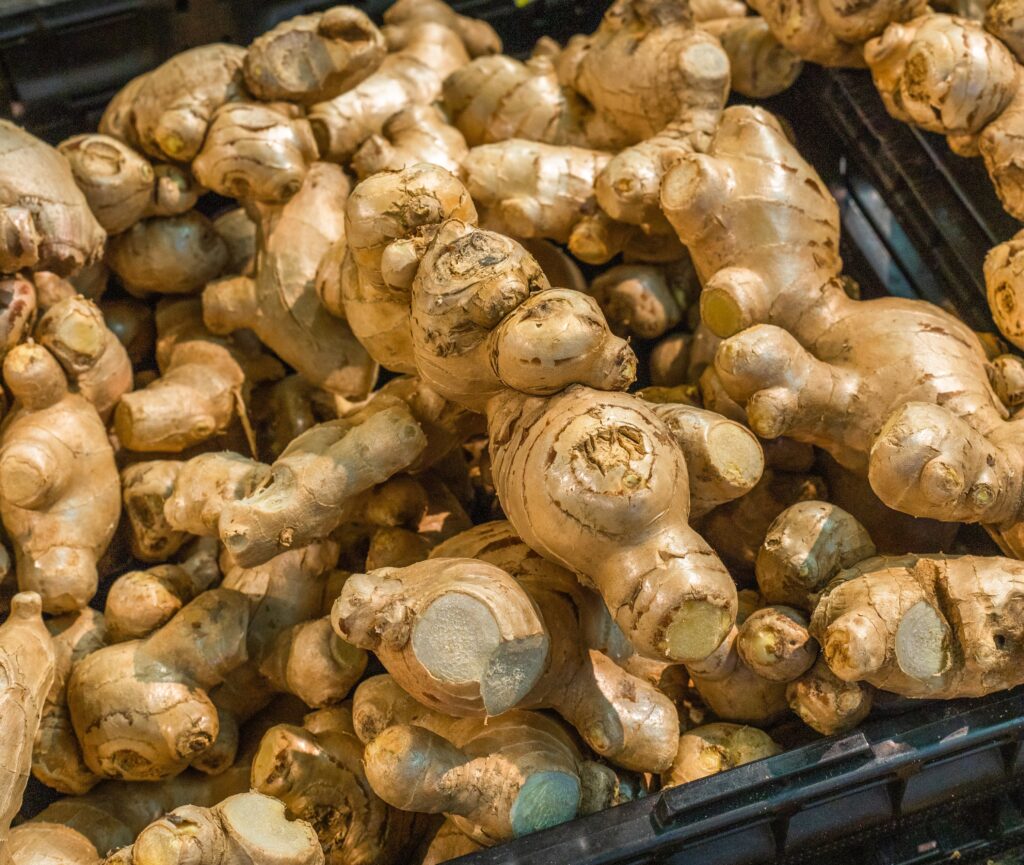It’s not the nice ginger story that needs telling

Rodrigo Bedoya can tell what he calls “a nice story.”
In short, the nice story is how, in 2006, in Lima, he and his two college friends – all agronomists - created a business by finding ginger growers in the jungles of Peru. Through trial and expensive error, they became the first exporters of fresh organic Peruvian ginger to the U.S. and Europe.
This nice story includes good distribution networks in the markets of both continents. The path to success came with honest, determined, hardworking, well-educated partners doing things the right way.
But Bedoya insists it’s not a nice story that needs telling.
The right way comes at a real product cost.
Despite global industry talk of high standards and worker justice, Bedoya, whose company La Grama is based in Pichanaki, Peru, is finding few customers are willing to pay for products that truly meet the ideals of corporate mission statements.
“I am putting out fires all over the place. Because of our success, many people started copying us. Most of the people are illegal people.”
He explains that Peru, like many developing countries, operates with two economies. “One is the formal legal economy. The other is the informal illegal economy.”
Working in Peru’s formal legal economy brings employees all the social benefits the law mandates. This, Bedoya tells FreshFruitPortal.com, brings social security coverage. Fourteen months’ salary is paid, with the two bonus months paid for July and December. Furthermore, a fifteenth monthly salary is paid by the employer each year to be set aside in a bank account, which becomes accessible if employees lose their jobs. The company pays for health insurance, and employees have a retirement pension fund as well as 30 days of paid vacation. Women get maternity leave. Men get a few days of paternity leave. Overtime is paid, and there is profit sharing with the employees.
“That is the law,” he says. “So, if I, as a company owner, do not comply with that, I am a criminal.”
Meanwhile, he notes that 75 of 100 Peruvian workers live in the informal economy. They receive none of the benefits listed above and are paid cash below minimum wage. At the same time, ginger packer-exporters in the informal economy with no food safety at all and no traceability do have certificates to show foreign buyers. But these certificates are a guarantee of nothing.
“And we compete with that,” Bedoya says. Foreign buyers tell him there are much cheaper quotes out of Peru.
He responds: “Yes, but those are illegal people. Those are not compliant with any of your requirements, your policies, your values. And they say, ‘Well, they have those certificates.’ So, they are killing us.”
Bedoya competes by “pushing and pushing and pushing and being the most efficient possible. We try to be as close as possible to the cost of the illegal people, but we are never going to get there. We try to tell our story, trying to convince customers that working with these forces is a bad thing.” While ginger from others may not necessarily be a bad product, by doing business with the informal economy, buyers are “condemning the most vulnerable people to stay poor. If you have no social protection, you are exploited. And American companies and European companies buying this product are part of the exploitation of the most vulnerable.”
As he stood in his booth this fall at the Global Produce and Floral Show, Bedoya says, “The price point is so different between the legal and the illegal that most customers are going to go with the cheaper one. They say, “Why should I make less money and pay a premium?’”
This is Bedoya’s story that is not so nice. But he feels that is the story that must be told.
























